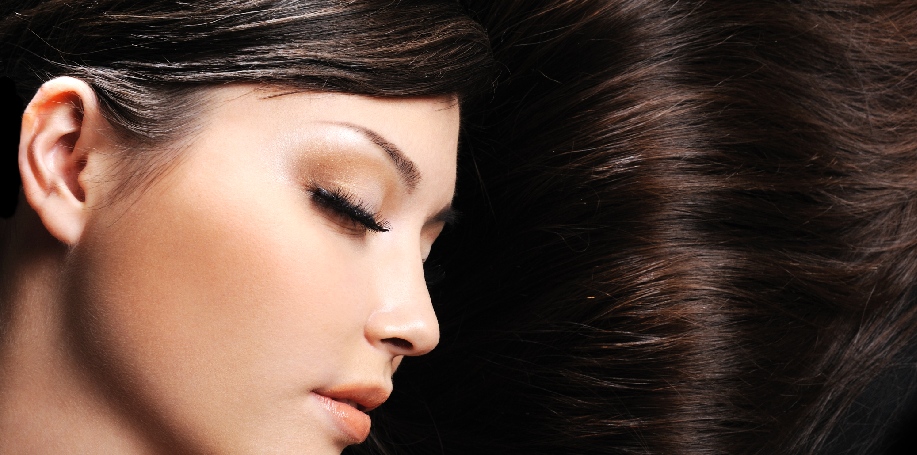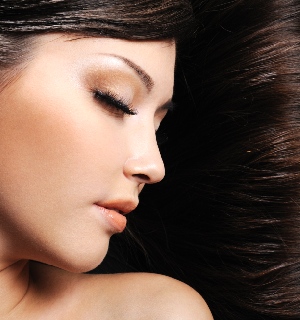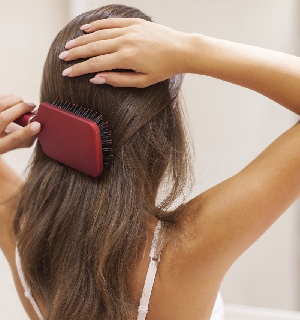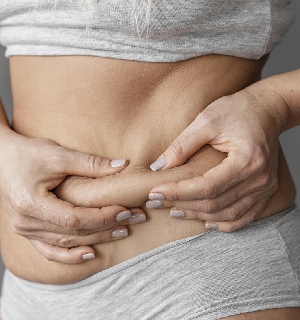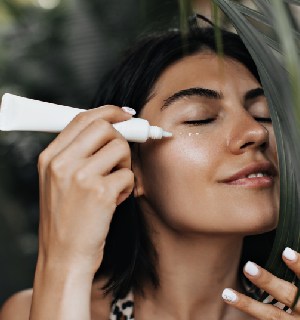The current pandemic has been extremely difficult for everyone. The second wave of COVID 19 infected a large number of people. Getting over the sickness was difficult, and many persons who recovered complained of hair loss. People's hair development is harmed when their stress levels rise. As a result, hair begins to fall out. Hair loss can be controlled, according to experts, if a few healthy habits are followed regularly.
Why is it possible that COVID-19 causes hair loss?
The hair loss reported with COVID-19 is typical of a disease known as telogen effluvium (TE). Hair falls in huge masses, especially when brushing or showering.
2 to 3 months following a triggering event, most persons with telogen effluvium (TE) experience noticeable hair loss. This usually affects less than half of the scalp and lasts between 6 and 9 months. Most people discover that their lost hair regrows after this time.
Another possible cause of TE is stress. Experiencing a disease like COVID-19 may undoubtedly be stressful on both the physical and emotional levels. In reality, due to the pressure of quarantining, TE has been documented in some people's trusted sources.
Here are some suggestions for preventing hair loss:
During the COVID-19 outbreak, many people have been reporting hair loss. One of the leading causes for this could be the enormous stress, trauma, or shock caused by the widespread presence of the coronavirus.
Coconut Oil should be used:
Coconut oil is high in potassium and iron, which promotes hair development while also reducing hair loss. Warm some coconut oil and use it to massage your scalp. After an hour, rinse it off or leave it on overnight.
Onion Juice is a good option:
Onion juice can be applied to the scalp and hair, including a significant amount of sulphur, which promotes hair growth. Apply the juice and keep it on for 1 hour before washing it off. If you want to get even more excellent results, throw in some raw honey.
Use Egg:
Sulphur, iodine, zinc, protein, and phosphorus are some of the most significant minerals to help prevent hair loss. Apply a mixture of one egg and olive oil to your hair. Allow it to sit for 20 minutes before rinsing it off.
Amla and Lemon Juice:
Amla is one of the most commonly used components in hair care. It is high in Vitamin C and other antioxidants, which aid in hair loss reduction. Apply a mixture of amla juice and lemon juice to your scalp and let it dry. Then, with warm water, wash it.
Use Henna:
Henna, often known as Mehendi, is another extensively used substance in hair treatment. It contains natural nourishing characteristics that aid in hair thickening. Apply henna to your hair and leave it alone until it dries. After that, rinse it with water.
While hair loss can impact one's self-esteem and self-image, doctors advise people not to be embarrassed or try to deal with it on their own. Instead, seek the advice of a medical professional. Other factors, such as drugs, a lack of nutrients, or hormone imbalances, can be ruled out by a primary care doctor or dermatologist, who can also track your daily sleep, exercise, and diet habits to determine changes in those areas could help.
Final Thoughts:
When hair shedding is caused by a fever, sickness, or stress, it usually returns to normal on its own. All you have to do now is waiting. As your hair regrows, you'll observe short hairs around your hairline that are all the same lengths within six to nine months as most people's hair returns to its original fullness.
 Whatsapp
Whatsapp Facebook
Facebook Twitter
Twitter Instagram
Instagram Linkedin
Linkedin Pinterest
Pinterest